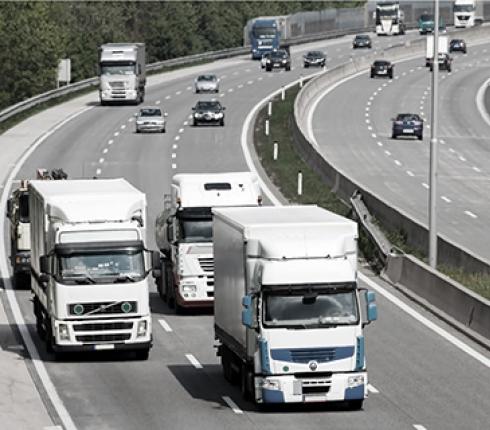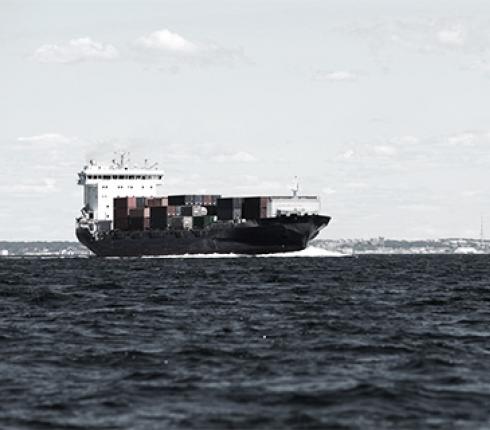Accident with electric pallet lifter constituted a violation of the Working Environment Act
Although a task involving the use of an electric pallet lifter was common, the transportation company could have instructed the forklift driver, ensuring that the task could be carried out in a fully safe manner. The transportation company had therefor acted negligently by failing to provide instructions and was fined as a result.
The turning point of the case
And experienced truck driver with a forklift certificate was employed through a temporary work agency at a transportation company, where he used an electric pallet lifter for loading and unloading pallets with grid boxes weighing 1.000 kg. The forklift driver lifted grid boxes inside trucks – backed out onto the lift to about 2 cm from the edge. Then, by mistake, he pressed the button for reverse driving, causing the electric pallet lifter and grid box to fall with the forklift driver onto the concrete floor about 1,1 meters below. The forklift driver was seriously injured.
The forklift driver had not received instructions from the transportations company before starting the work. The forklift driver stated that it was common for him not to receive instructions for such tasks since he was a trained truck driver and forklift operator, and the task was of a routine nature. He also stated that he would likely not have performed the task differently even if he had received instructions on how to carry out the work.
Fine for the company due to negligence
Regardless, both the district court and later the high court found that the transportation company had acted negligently by failing to instruct on the execution of the task. The company should have provided instructions for performing the task in a safer manner. As a result, the transportation company received a fine.
NJORD Law Firms comments
It is routine to drive around with forklifts, electric pallet lifters etc. in warehouses, and one might become “blind” to whether the tasks could be performed in a safer way. In fact, many people do not even think about how dangerous their work can be. In this case the forklift driver did not think about seeking instruction, and he also believed that he would not have changed the way he performed the task. The company had not considered it necessary to provide more detailed instructions precisely because the task seemed routine.
Transportation companies should always be aware of whether work methods can be optimized to reduce safety risks – even for tasks that appear to be purely routine.
































